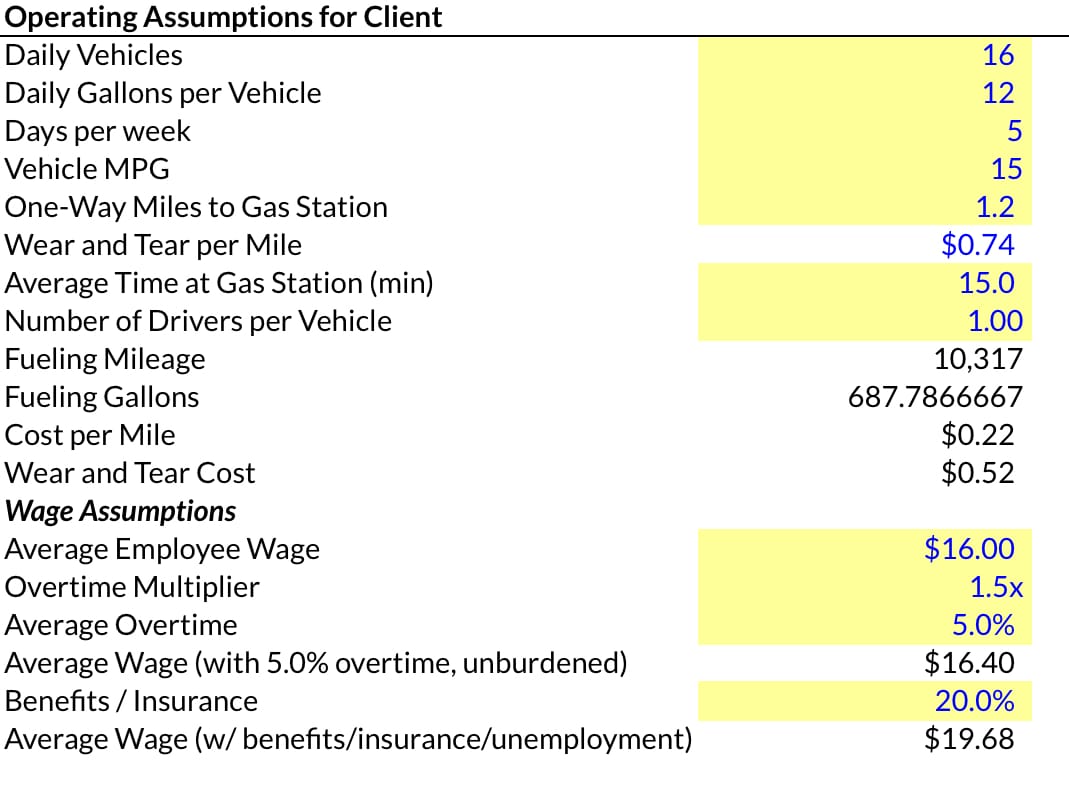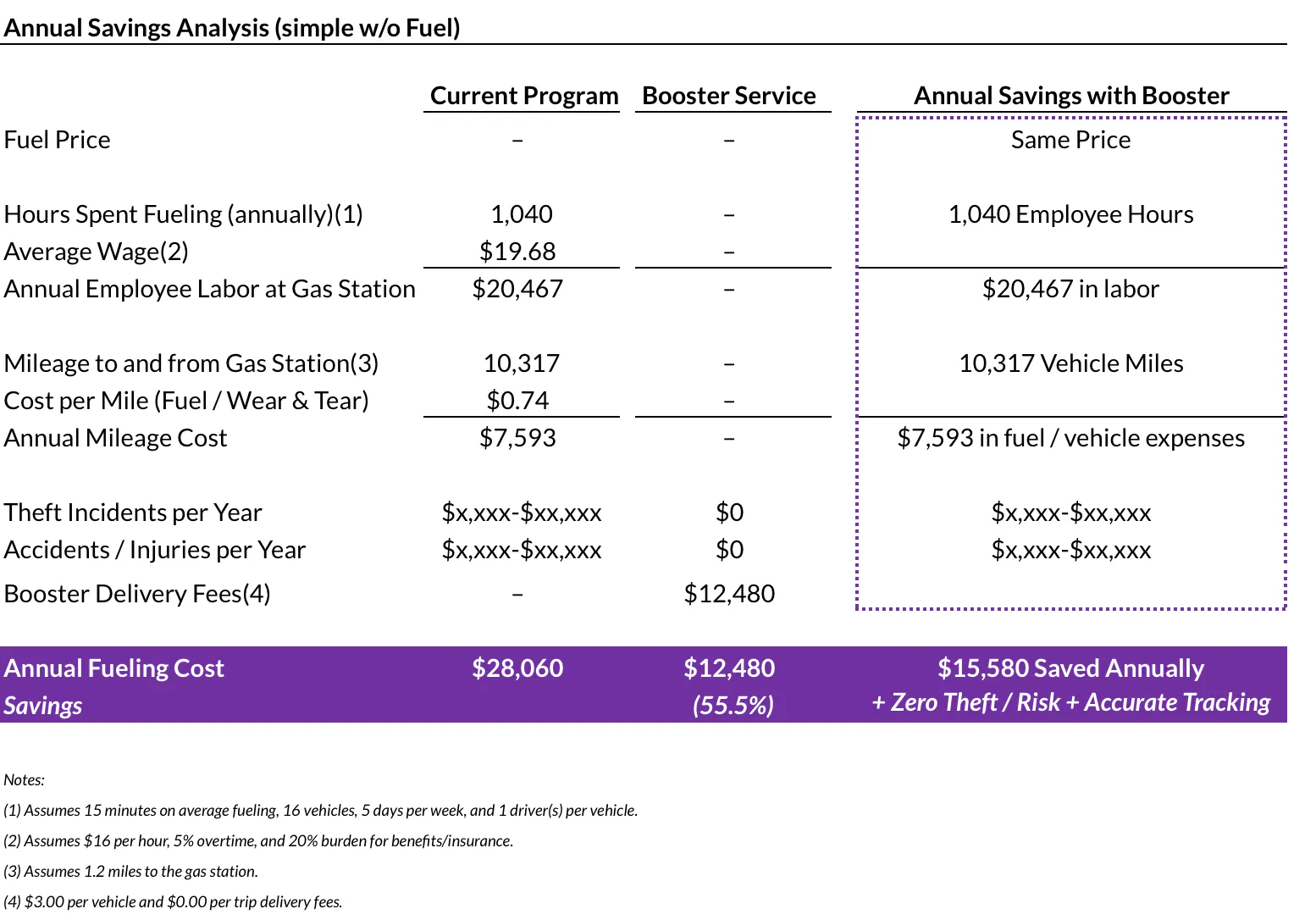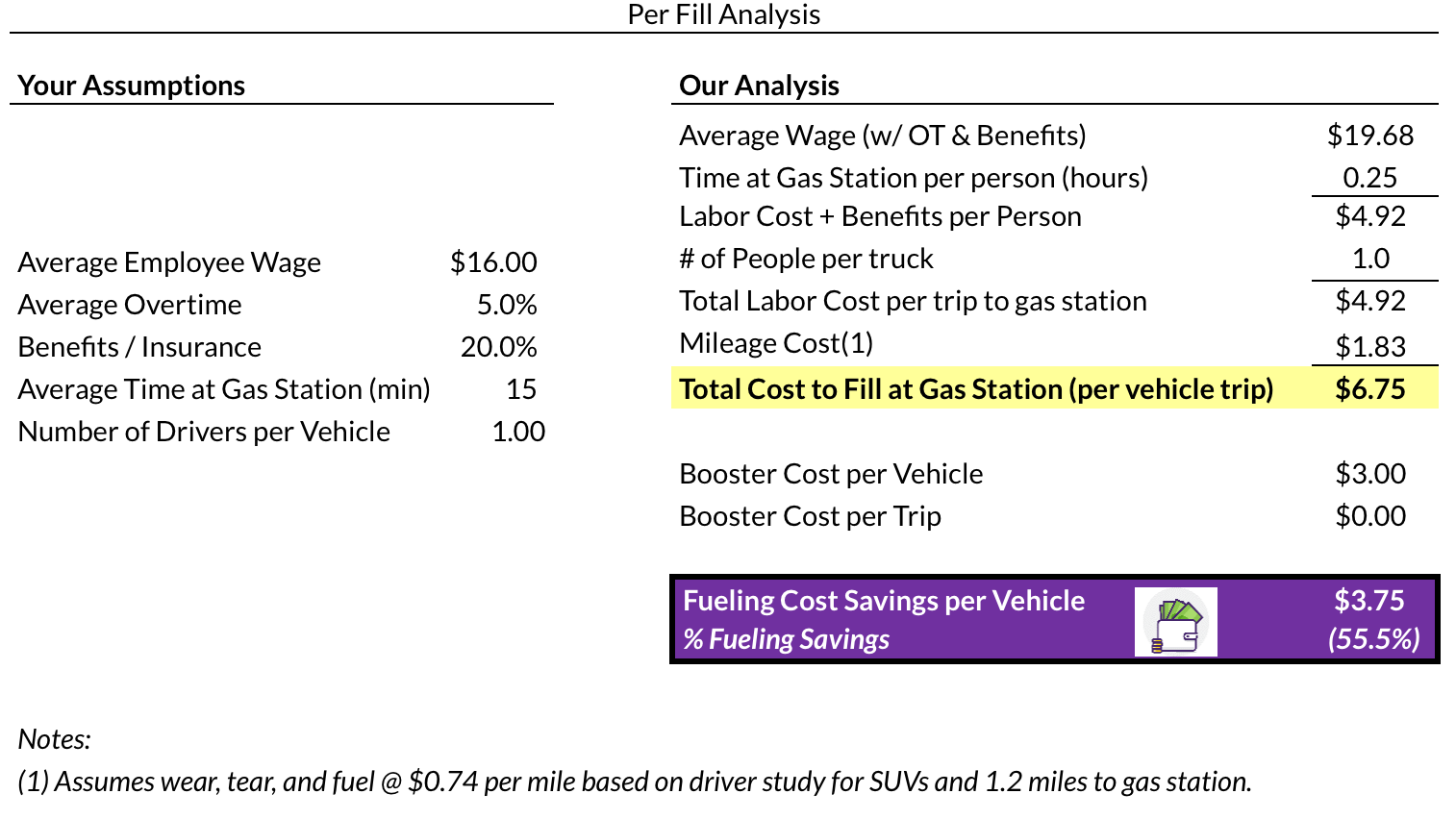

Value economics is an emerging field that emphasizes the importance of creating and maximizing value for all stakeholders, not just shareholders. It shifts the focus from traditional economic measures like GDP and profit margins to more comprehensive metrics that consider social, environmental, and economic factors. This holistic approach is critical in today’s interconnected world where the impact of business activities extends far beyond financial statements.
The Foundation of Value Economics
Value economics is based on the principle that businesses and economies should be structured to generate sustainable value. This involves:
- Identifying Stakeholders: Understanding who the stakeholders are and what they value. Stakeholders can include customers, employees, suppliers, communities, and the environment.
- Measuring Value: Developing metrics to measure value creation across different dimensions such as economic, social, and environmental impacts.
- Aligning Strategies: Ensuring that business strategies are aligned with value creation goals.
- Reporting and Transparency: Providing transparent reporting on value creation activities and outcomes.
The Importance of Collecting Comprehensive Data
Collecting comprehensive data is critical in value economics for several reasons:
- Informed Decision-Making: Data-driven insights help businesses make informed decisions that align with value creation goals.
- Performance Measurement: Tracking performance against value metrics ensures accountability and continuous improvement.
- Stakeholder Engagement: Transparent data collection and reporting enhance trust and engagement with stakeholders.
- Regulatory Compliance: Ensuring compliance with regulations that increasingly require disclosure of social and environmental impacts.
Building a Growth Engine with Value Economics
To effectively leverage value economics, businesses need to implement structured frameworks and tools. Below are templates and methodologies critical to this process.
Template 1: Stakeholder Analysis
Key Components
- Stakeholder Identification: List all potential stakeholders.
- Stakeholder Needs and Interests: Identify and document the needs and interests of each stakeholder group.
- Impact Assessment: Assess how business activities impact each stakeholder group.
- Engagement Strategies: Develop strategies for engaging with each stakeholder group effectively.
Importance
- Holistic Understanding: Helps businesses understand the diverse needs and interests of all stakeholders.
- Targeted Strategies: Enables the development of targeted strategies to address stakeholder concerns and leverage opportunities.
- Value Alignment: Ensures that business activities are aligned with stakeholder values, enhancing overall value creation.
Template 2: Value Metrics Dashboard
Key Components
- Economic Metrics: Revenue, profit margins, cost savings, etc.
- Social Metrics: Employee satisfaction, community impact, social equity, etc.
- Environmental Metrics: Carbon footprint, resource usage, waste management, etc.
- Integrated Metrics: Combined indicators that reflect the overall value created across all dimensions.
Importance
- Comprehensive View: Provides a comprehensive view of value creation across different dimensions.
- Performance Tracking: Facilitates tracking of performance over time and identification of areas for improvement.
- Strategic Alignment: Ensures that strategic initiatives are aligned with value creation goals and can be adjusted based on performance data.
Template 3: Strategic Initiative Planning
Key Components
- Initiative Description: Detailed description of each strategic initiative.
- Objectives: Specific, measurable objectives for each initiative.
- Stakeholder Impact: Assessment of how the initiative will impact various stakeholder groups.
- Resource Allocation: Allocation of resources (financial, human, etc.) required for each initiative.
- Timeline: Implementation timeline with key milestones.
- Performance Indicators: Key performance indicators (KPIs) to measure the success of each initiative.
Importance
- Clear Objectives: Ensures that each initiative has clear, measurable objectives.
- Resource Efficiency: Facilitates efficient allocation of resources to maximize impact.
- Impact Assessment: Allows businesses to assess and manage the impact of initiatives on stakeholders.
- Accountability: Provides a framework for tracking progress and holding teams accountable for results.
Practical Application: Case Study of Booster Fuels
To illustrate the practical application of these templates, let’s consider a case study of Booster Fuels, a company that delivers fuel directly to vehicles, reducing the need for gas stations and minimizing environmental impact through efficient fuel delivery systems.
Step 1: Stakeholder Analysis
Booster Fuels used the Stakeholder Analysis Template to identify its key stakeholders, including:
- Customers: Individuals and companies seeking convenient and efficient fuel delivery services.
- Employees: Workers who seek a supportive and rewarding work environment.
- Investors: Stakeholders interested in long-term returns and sustainable investments.
- Communities: Local areas impacted by the company’s operations.
- Environment: An integral stakeholder in sustainable business practices, given the company’s focus on reducing emissions and optimizing fuel use.
By understanding the needs and interests of these stakeholders, Booster Fuels was able to align its business strategies to create value for each group.
Step 2: Value Metrics Dashboard
Booster Fuels developed a Value Metrics Dashboard to track its performance across economic, social, and environmental dimensions. Key metrics included:
- Economic: Revenue growth, profit margins, cost savings from operational efficiencies.
- Social: Employee satisfaction rates, community engagement initiatives, customer satisfaction scores.
- Environmental: Reduction in carbon emissions due to optimized delivery routes, percentage of fuel saved, waste management practices.
This comprehensive dashboard allowed Booster Fuels to monitor its progress and make data-driven decisions to enhance value creation.
Step 3: Strategic Initiative Planning
Using the Strategic Initiative Planning Template, Booster Fuels outlined several strategic initiatives, such as:
- Product Innovation: Developing new technologies to improve the efficiency of fuel delivery and expand service offerings.
- Employee Development: Implementing training programs to enhance employee skills and satisfaction.
- Community Engagement: Launching community outreach programs to support local development and education, and to raise awareness about environmental sustainability.
Each initiative was detailed with specific objectives, resource allocations, timelines, and performance indicators to ensure successful implementation and maximum impact.
Delivering Value Economics with Booster Fuels
The most powerful artifact Booster Fuels developed to deliver value economics to prospective and active customers is the Comprehensive Information Collection and Ingestion System. This system is designed to capture detailed information about customer needs, preferences, and feedback, which is then used to inform consultative selling and account management strategies.

Key Components of the Information Collection System
- Customer Profiling: Detailed profiles for each customer, including their fuel usage patterns, preferences, and specific needs.
- Service Feedback: Regular collection of feedback on service quality, delivery efficiency, and customer satisfaction.
- Impact Assessment: Evaluation of the environmental and economic impact of Booster Fuels' services on customer operations.
- Value Metrics: Integration of value metrics to measure the economic, social, and environmental benefits delivered to customers.
How Information is Collected
- Surveys and Interviews: Conducting regular surveys and interviews with customers to gather qualitative and quantitative data.
- Usage Data: Analyzing data on fuel usage and delivery efficiency to identify trends and areas for improvement.
- Feedback Mechanisms: Implementing feedback mechanisms such as online reviews, customer service interactions, and follow-up calls.
How Information is Ingested and Utilized
- Data Analysis: Using advanced analytics to process and interpret the collected data, identifying key insights and trends.
- Customer Reports: Generating detailed reports for customers, highlighting the value delivered and areas for potential enhancement.
- Consultative Selling: Leveraging data insights to offer tailored solutions and recommendations during the sales process, ensuring alignment with customer needs and values.
- Account Management: Continuously updating customer profiles and impact assessments to refine and improve service delivery, fostering long-term relationships and customer loyalty.
Delivering Value to Prospective and Active Customers
For prospective customers, Booster Fuels uses the comprehensive information collection system to demonstrate the potential value of their services. By providing detailed projections of economic savings, environmental benefits, and social impact, Booster Fuels can effectively communicate the advantages of their fuel delivery solutions.
For active customers, the system serves as a powerful account management tool, ensuring that services are continuously optimized to meet evolving needs. Regular updates and reports keep customers informed about the value being created, enhancing transparency and trust.
Deep Dive into Booster Fuels’ Information Collection System
The Comprehensive Information Collection and Ingestion System used by Booster Fuels is a meticulously designed artifact that plays a crucial role in their value economics approach. Let's delve into the key aspects of this system and how it integrates with the overall value creation strategy.
Customer Profiling: Creating Detailed Insights
Customer profiling is at the heart of Booster Fuels' information collection system. This involves gathering comprehensive data about each customer’s fuel usage patterns, preferences, and specific needs. By understanding these factors, Booster Fuels can tailor their services to meet the exact requirements of their customers, ensuring higher satisfaction and loyalty.
- Fuel Usage Patterns: Tracking the frequency, volume, and timing of fuel deliveries.
- Preferences: Understanding customer preferences for delivery schedules, types of fuel, and payment methods.
- Specific Needs: Identifying any unique requirements or challenges faced by the customer, such as specific delivery locations or environmental concerns.
Service Feedback: Ensuring Continuous Improvement
Regular collection of feedback is crucial for maintaining high service quality. Booster Fuels employs various methods to gather feedback from customers, ensuring that they receive timely and relevant insights.
- Surveys: Regular surveys are conducted to gather customer opinions on service quality, delivery efficiency, and overall satisfaction.
- Interviews: In-depth interviews provide qualitative insights that help understand customer experiences and expectations.
- Online Reviews and Customer Service Interactions: Monitoring online reviews and customer service interactions helps identify areas for improvement and address any issues promptly.
Impact Assessment: Measuring Environmental and Economic Benefits
Booster Fuels evaluates the environmental and economic impact of their services on customer operations. This involves assessing how their fuel delivery solutions contribute to reducing carbon emissions, improving fuel efficiency, and generating cost savings.
- Environmental Impact: Measuring the reduction in carbon emissions and fuel wastage through optimized delivery routes and efficient fuel use.
- Economic Impact: Calculating the cost savings achieved by customers due to reduced fuel consumption and improved operational efficiency.
Value Metrics: Integrating Comprehensive Performance Indicators
The integration of value metrics is essential to measure the economic, social, and environmental benefits delivered to customers. This involves developing a set of key performance indicators (KPIs) that reflect the overall value created.
- Economic Metrics: Tracking revenue growth, profit margins, and cost savings.
- Social Metrics: Measuring employee satisfaction, community engagement, and customer satisfaction.
- Environmental Metrics: Monitoring carbon footprint, resource usage, and waste management practices.
Practical Application of Data Insights
The comprehensive information collected through the system is ingested and utilized to drive consultative selling and account management strategies. Here’s how Booster Fuels leverages this data:
Data Analysis: Extracting Valuable Insights
Advanced analytics tools are used to process and interpret the collected data. This helps in identifying key trends, patterns, and insights that can inform decision-making.
- Trend Analysis: Identifying patterns in fuel usage, customer preferences, and feedback to predict future needs and preferences.
- Performance Benchmarking: Comparing performance metrics against industry standards and benchmarks to identify areas for improvement.
Customer Reports: Enhancing Transparency and Communication
Detailed reports are generated for customers, highlighting the value delivered and areas for potential enhancement. These reports provide a transparent view of the performance metrics and the impact of Booster Fuels’ services.
- Value Delivery Reports: Summarizing the economic, social, and environmental benefits delivered to the customer.
- Improvement Suggestions: Offering recommendations for further enhancing service efficiency and value creation.
Consultative Selling: Tailoring Solutions to Customer Needs
Leveraging data insights, Booster Fuels can offer tailored solutions and recommendations during the sales process. This ensures that the proposed solutions align with customer needs and values, enhancing the likelihood of successful engagements.
- Customized Proposals: Developing customized proposals based on the specific needs and preferences of each customer.
- Value Projections: Providing detailed projections of the economic, social, and environmental benefits of the proposed solutions.


Account Management: Fostering Long-Term Relationships
Continuous updates and refinements to customer profiles and impact assessments ensure that Booster Fuels’ services are always optimized to meet evolving needs. This fosters long-term relationships and enhances customer loyalty.
- Ongoing Communication: Maintaining regular communication with customers to gather feedback and provide updates on service improvements.
- Proactive Adjustments: Making proactive adjustments to service delivery based on changing customer needs and preferences.
Leveraging Value Economics for Sustainable Growth
By adopting a value economics approach, Booster Fuels has created a robust growth engine that drives sustainable value creation. Here’s a closer look at how this approach contributes to sustainable growth:
Economic Value: Driving Financial Performance
By focusing on operational efficiencies and cost savings, Booster Fuels enhances its financial performance. The use of data-driven insights ensures that resources are utilized efficiently, leading to higher profitability and growth.
- Operational Efficiencies: Implementing optimized delivery routes and fuel usage strategies to reduce operational costs.
- Cost Savings: Passing on the cost savings to customers, enhancing their value perception and loyalty.
Social Value: Enhancing Stakeholder Engagement
Engaging effectively with stakeholders is crucial for long-term success. Booster Fuels’ commitment to employee development, community engagement, and customer satisfaction enhances its social value.
- Employee Development: Investing in training and development programs to enhance employee skills and satisfaction.
- Community Engagement: Supporting local development and education initiatives to strengthen community relationships.
- Customer Satisfaction: Continuously improving service quality to meet and exceed customer expectations.
Environmental Value: Promoting Sustainability
Booster Fuels’ focus on reducing carbon emissions and optimizing fuel usage demonstrates its commitment to environmental sustainability. This not only benefits the environment but also enhances the company’s reputation and attractiveness to eco-conscious customers.
- Carbon Emission Reduction: Implementing efficient delivery systems to minimize carbon emissions.
- Resource Optimization: Using advanced technologies to optimize fuel usage and reduce waste.
Results
- Developed strategy with leadership, increasing fleet sales from $2M to a projected $25M ARR, while the team grew by 150%
- Closed a landmark enterprise account (AT&T) with a projected $45M ARR, founding the Enterprise Division for enhanced product management
- Founded the Account Management Division which was predicated upon the value economics created to do consultative selling
- Increased client retention to 96%
Conclusion
Value economics offers a powerful framework for businesses to create sustainable growth by focusing on value creation for all stakeholders. By leveraging tools like the Stakeholder Analysis Template, Value Metrics Dashboard, Strategic Initiative Planning Template, and the Comprehensive Information Collection and Ingestion System, businesses like Booster Fuels can build robust growth engines that drive long-term success. Collecting and analyzing comprehensive data is critical in this process, providing the insights needed to make informed decisions, track performance, and engage effectively with stakeholders. As businesses increasingly recognize the importance of value economics, those that adopt and implement these principles will be well-positioned to thrive in a rapidly changing world.